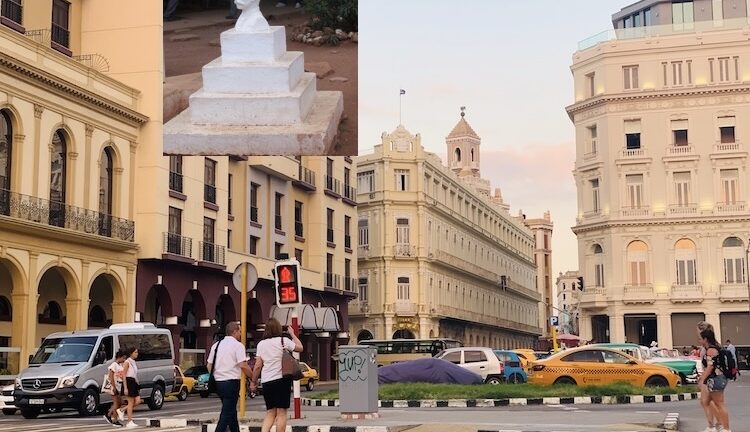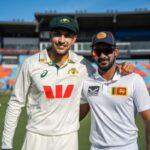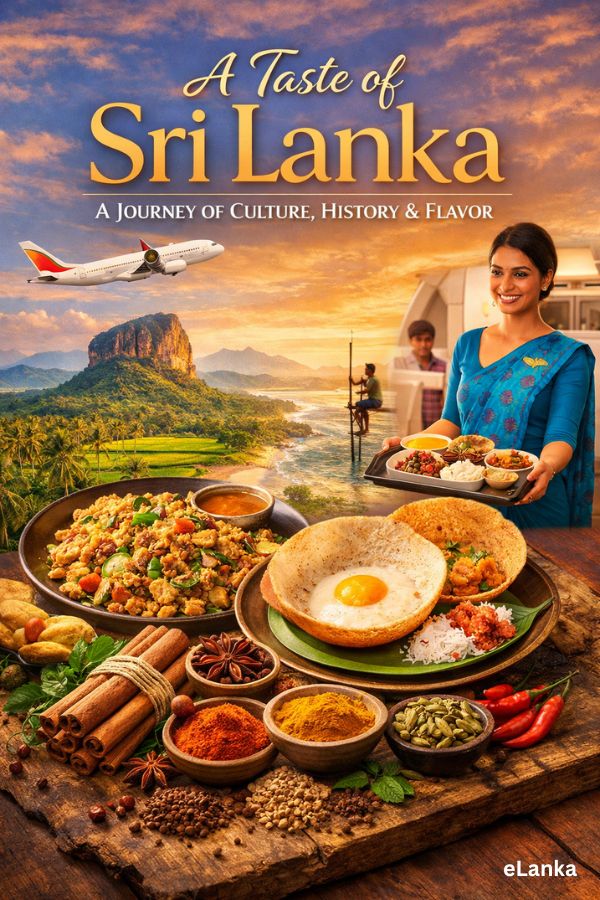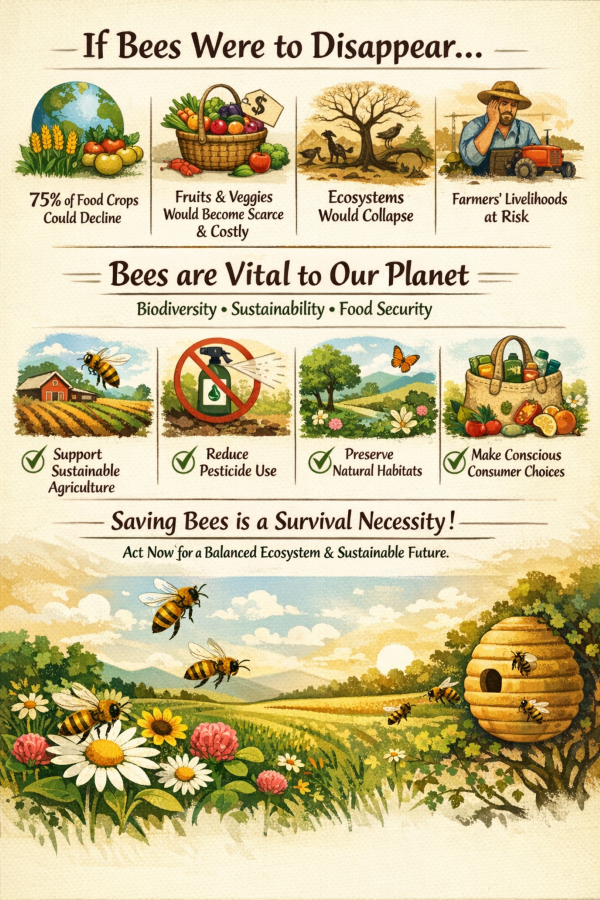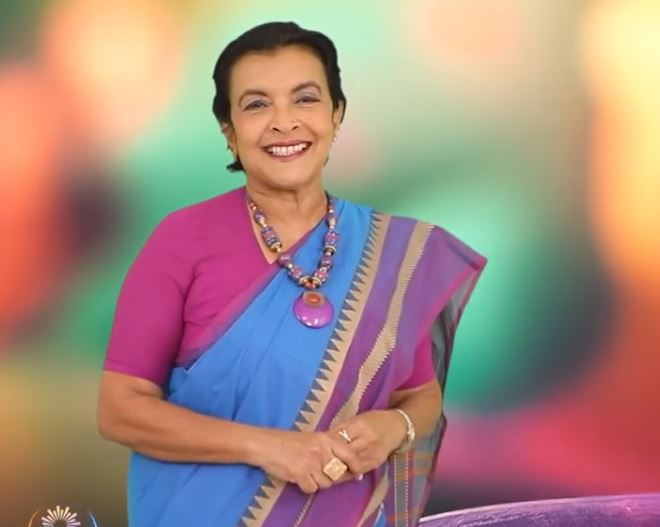Reflections on Cuba, BRICS and Geopolitics – By Dr. Asoka Bandarage
Source : indepthnews
COLOMBO, Sri Lanka | 9 April 2025 (IDN) — I returned to the U.S. from Cuba just a few hours before Donald Trump signed a memorandum on June 30, 2025, tightening the long-standing U.S. economic blockade against Cuba. The memorandum includes a statutory ban on U.S. tourism to the neighbouring island.
Despite a long fascination with the island nation, I did not volunteer for the Venceremos Brigade to Cuba during my college years. Finally, my wish to see the legendary island of anti-imperialist revolution—the so-called ‘last bastion of socialism in the western hemisphere’—came true.
I enjoyed Cuba’s resplendent land and waters, the vibrancy of its music and dance, and the warm hospitality of its racially integrated people. I visited the impressive places and monuments of its colonial and modern history, receiving a wealth of interesting and intriguing information from my wonderful Cuban guides and other sources.
The history of Cuba is one of struggle and transformation. The original Taino people were extinct due to the Spanish conquest. The Revolution of 1898 brought liberation under the leadership of scholar-poet José Martí, only to be followed by US neocolonial rule from 1902 to 1959. During the latter part of this period, the Batista dictatorship, along with his American business and Mafia connections, dominated the island.
The armed struggle culminating in the 1959 Revolution, led by Fidel Castro, Camilo Cienfuegos, Che Guevara and others, transformed the nation. The Cuban Communist Party under Fidel Castro’s rule (1959-2008) implemented widespread confiscation and wealth redistribution. Throughout this period and up to date, the US has maintained occupation of Guantanamo Bay (the first US overseas military base) under a 1903 perpetual lease agreement following the Spanish-American War.
Cuba’s Present Crisis
Unfortunately, what I encountered in my homestays and travel around the island was far from the thriving socialist society I had hoped to see. The once-magnificent buildings in Havana and other cities are now dilapidated, and the streets are strewn with litter. Lacking reliable public transportation, people stand on streets around the island patiently waiting to catch rides from any vehicle that will stop—among them, the still widely used pre-Revolution American cars and horse-drawn carriages.
The island is currently facing its worst economic crisis since the 1959 revolution. Long and daily power cuts, scarce internet connection, food and medicine shortages, and high prices are the realities of present-day Cuba. Some staple items, such as beans, are nowhere to be found; rice production has declined, and much of it is now imported. Sugar, too, has become an import in Cuba, which, until recently, was the world’s leading sugar exporter.
People cannot make ends meet with their meagre incomes—a doctor’s monthly salary is approximately US$50. Even by conservative World Bank estimates, 72% of all Cubans live below the poverty line. Beggars seem to be everywhere, with the African community descendants from slavery being the most economically victimised.
Young professionals, products of the island’s renowned free education and healthcare systems, are emigrating to the US, Europe, and elsewhere, leaving the elderly behind. Cuba reportedly lost approximately 13% of its 11 million population between 2020 and 2024, mainly due to emigration. Financial remittances from emigrants are crucial for the survival of their families at home.
In private, people complain bitterly about government mismanagement and corruption, expressing concerns about the island’s future and the survival of its people. Given state authoritarianism and repression, there is no independent media, visible organised resistance, or public demonstrations.
The Cuban government blames U.S. sanctions and blockade, operative since the early 1960s, for the island’s economic strangulation. In contrast, the US and its Cuban-American supporters blame socialism for Cuba’s failures.
Notwithstanding claims to be a leader of the international Non-Aligned Movement, Cuba withstood the 1961 CIA-backed Cuban-American Bay of Pigs invasion and the 1962 Cuban missile crisis by aligning itself with the Soviet Union, eventually becoming its client state. The dismantling of the Soviet Union in 1992 and the recent COVID-19 crisis have dealt severe blows to the Cuban economy and society. The decline in tourism, one of the most important sectors of the Cuban economy, will be further impacted by Donald Trump’s recent statutory ban on U.S. tourism.
Is the opening of Cuba to neo-liberal capitalism—including global finance capital, the IMF, international intervention by the US (and its Cuban-American supporters awaiting the return of land and business confiscated by the Cuban Revolution)—the solution to Cuba’s current economic crisis?
The Path Forward
Government mismanagement, corruption, repression, and authoritarianism, as well as economic collapse, agricultural decline, unemployment, fuel and food shortages, rising prices, powerlessness, despair, and labour emigration, characterise much of the world following neoliberal policies today. These countries also face the threats of international intervention, regime change, sanctions, and blockades if they attempt to strike out on independent paths of economic and political development outside the western-dominated neoliberal framework.
Is BRICS an alternative to both authoritarian socialism and neoliberal capitalism, offering a path to resolving the crisis in Cuba and much of the world?
The Global South-led BRICS comprises Brazil, Russia, India, China, South Africa, as well as Egypt, Ethiopia, Indonesia, Iran, and the United Arab Emirates, along with ten partner countries: Cuba, Belarus, Bolivia, Kazakhstan, Malaysia, Nigeria, Thailand, Uganda, Uzbekistan, and Vietnam. Today, the BRICS countries collectively account for approximately 56% of the world’s population and 44% of global GDP.
The BRICS alliance provides a much-needed platform to explore alternative mechanisms, such as the New Development Bank and bilateral trade agreements, to reduce reliance on Western financial institutions, including the IMF and the U.S. dollar. While BRICS rejects certain aspects of Western-dominated geopolitics and hierarchical North-South relations, it upholds neoliberal economic principles: competition, free trade, open markets, export-led growth and globalisation, unfettered technological expansion.
BRICS aims to advance its members within the existing global capitalist order, rather than create a fundamental alternative to the capitalist paradigm, which prioritises profit-led growth before environmental sustainability and human well-being. As such, corporate hegemony, concentration of wealth by a global elite spanning the North and the South, as well as technological and military domination, are not challenged. Neither does BRICS challenge political authoritarianism within its member countries, nor does it address the possibility of the emergence of forms of authoritarian capitalism. Composed of countries of unequal size, economic, and military power, the BRICS may also easily reproduce unequal exchange and new forms of colonialism in South-South relations.
False Alternative
Although barely noticeable to a visitor, China is quietly replacing the former Soviet Union as Cuba’s benefactor, expanding its economic activities on the island. Since 2018, Cuba has joined China’s Belt and Road Initiative, a massive infrastructural project connecting approximately 150 countries worldwide. While the US is tightening its trade blockade, China has become Cuba’s largest trading partner and the primary provider of technology for infrastructure, telecommunications, renewable energy sources, the tourism industry, and other important areas of Cuba’s development.
Some critics of US imperialism tend to see China as a benevolent alternative to US and Western domination. There are claims that certain media outlets promoting such perspectives may be linked to a funding source associated with China. Even if it is true, the political and military intentions of Chinese economic expansion can only be known in the future.
According to the Stockholm International Peace Research Institute, China has increased its nuclear arsenal by 20% from an estimated 500 to over 600 warheads in 2025. According to US government sources, China has also established satellite intelligence infrastructure or ‘spy bases’ in Cuba that can target the United States’ commercial and military operations. Cuba, located just 90 miles from the Florida coastline, could be drawn into the geopolitical confrontation between the United States and China, much like it was during the Cold War between the US and the Soviet Union, with the Cuban Missile Crisis being a notable example.
Even though the world is moving towards an inexorable market and technologically controlled reality, the rationality of this trajectory must be questioned. The need for balanced ecological and social frameworks that uphold bioregionalism, local control of resources, and food self-sufficiency must be considered. Freedom of expression, the right to dissent, and collective organisation, which are undermined by both neoliberal capitalism and socialist authoritarianism, must be upheld. This requires the awakening of consciousness to create a human society founded on wisdom and generosity, rather than competition and exploitation.
The words of the great nineteenth century Cuban patriot, Jose Marti (1853-1895) are still applicable to the transformation needed in both Cuba and the world: “Happiness exists on earth, and it is won through prudent exercise of reason, knowledge of the harmony of the universe, and constant practice of generosity.”
*Asoka Bandarage has served on the faculties of Brandeis, Mount Holyoke and Georgetown and is the author of books including Colonialism in Sri Lanka; The Separatist Conflict in Sri Lanka, Sustainability and Well-Being: The Middle Path to Environment, Society and the Economy, Crisis in Sri Lanka and the World and numerous other publications on global political economy and related subjects. www.bandarage.com [IDN-InDepthNews]
A collage of the bust of the great 19th-century Cuban patriot José Martí, superimposed on the picture of Hotel Parque Central in Havana. Pictures from Wikipedia.



